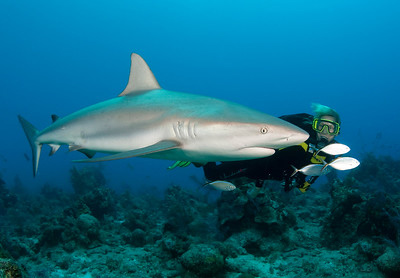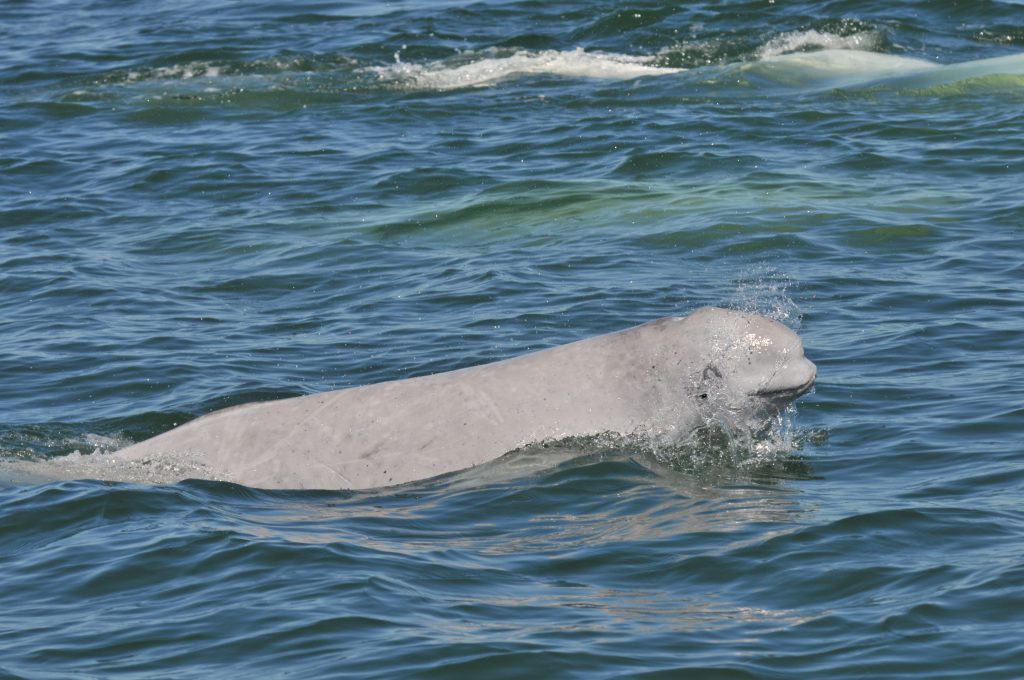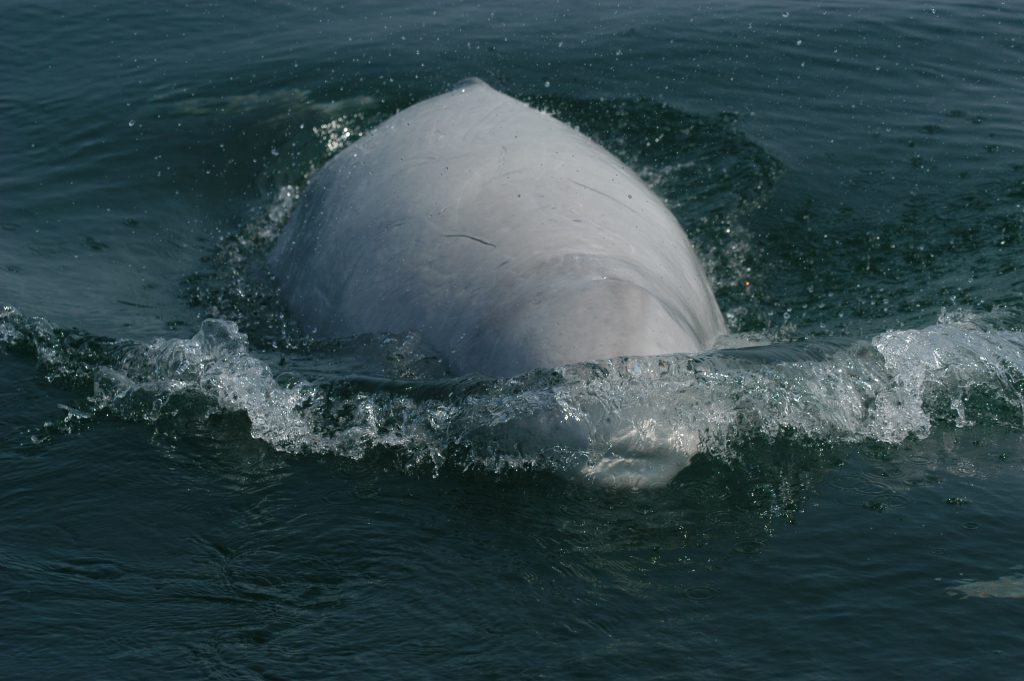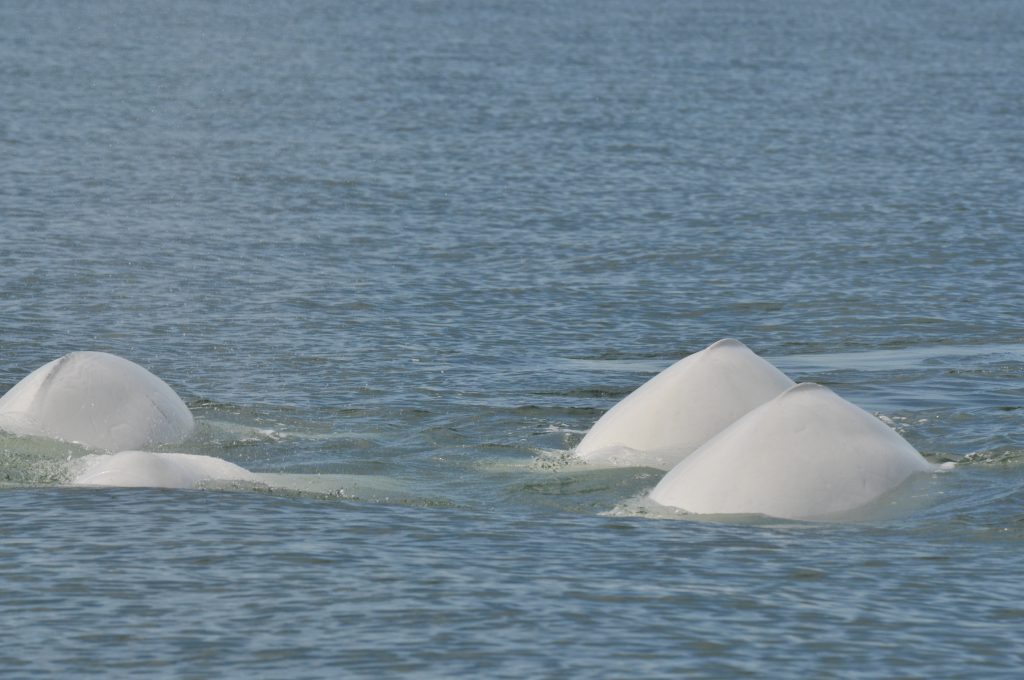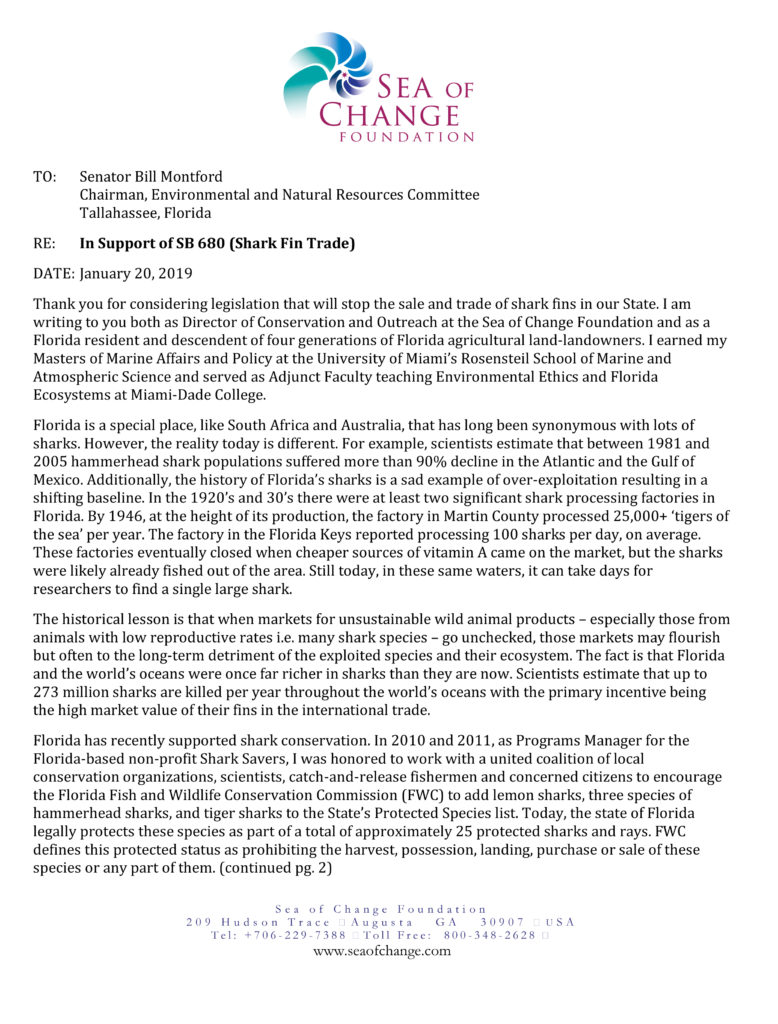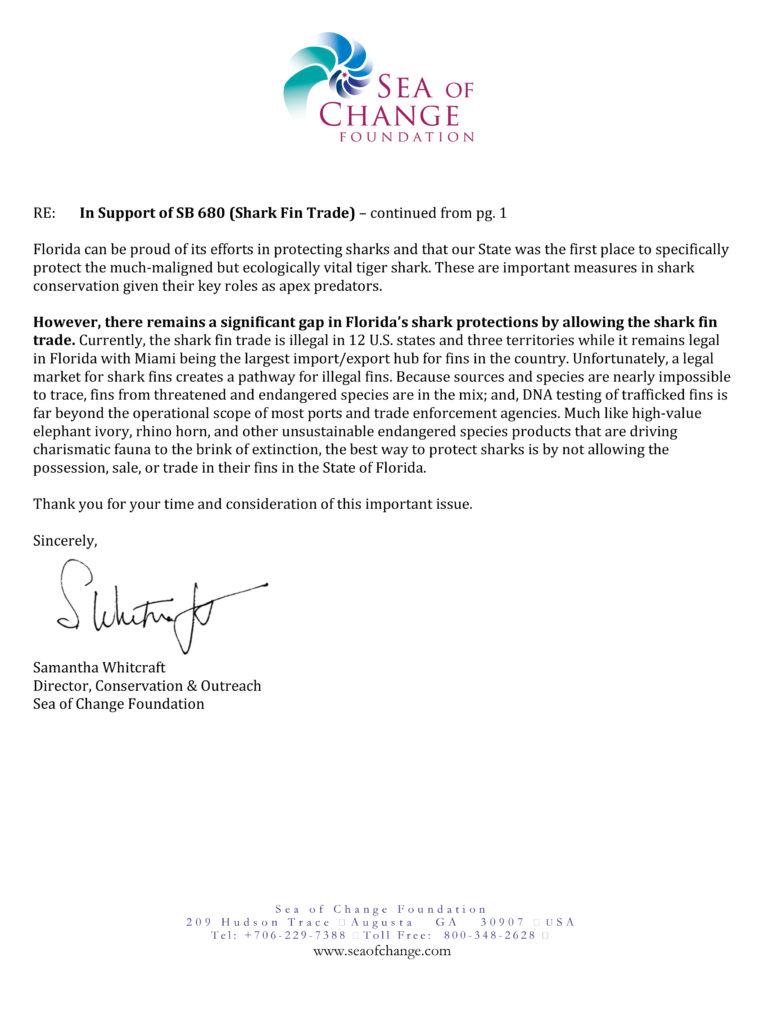CALLING ALL DIVERS, ocean explorers, and marine enthusiasts wanting to improve their fish identification skills: Are you overwhelmed by bulky fish guides with hundreds of pages or are tired of trying to learn more fish on your own?
Underwater Spotter’s new line of fish identification books is designed to enhance our ocean life sightings with fascinating facts, behavioral insights, and a fun scavenger hunt element! As such, the guide’s approach to in-water learning will be integrated into the Foundation’s 2025 fundraiser and educational dive trip aboard the British Virgin Islands Aggressor yacht. To increase your fish ID skills and learn more about marine conservation, the Sea of Change Foundation’s Executive Director, conservation biologist, and inductee to the Women Divers Hall of Fame (2024), Samantha Whitcraft, via the trip details below:
BVI Aggressor
May 31 – June 7, 2025
Samantha Whitcraft

Additionally, thanks to the generosity of Aggressor Adventures®, a percent of funds raised from the trip will support the Sea of Change Foundation’s grants programs in support of community-based conservation around the world.
Underwater Spotter is a women diver-owned business whose mission is to share their love of the ocean and marine life with others. As part of sharing that love, Underwater Spotter is partnering with the Sea of Change Foundation to help fundraise for ocean conservation. Underwater Spotter will donate $4 to the Sea of Change Foundation for every guidebook sold using discount code SEAOFCHANGE2024 and giving you 15% off your order. Buy yours today to help the cause using this link.
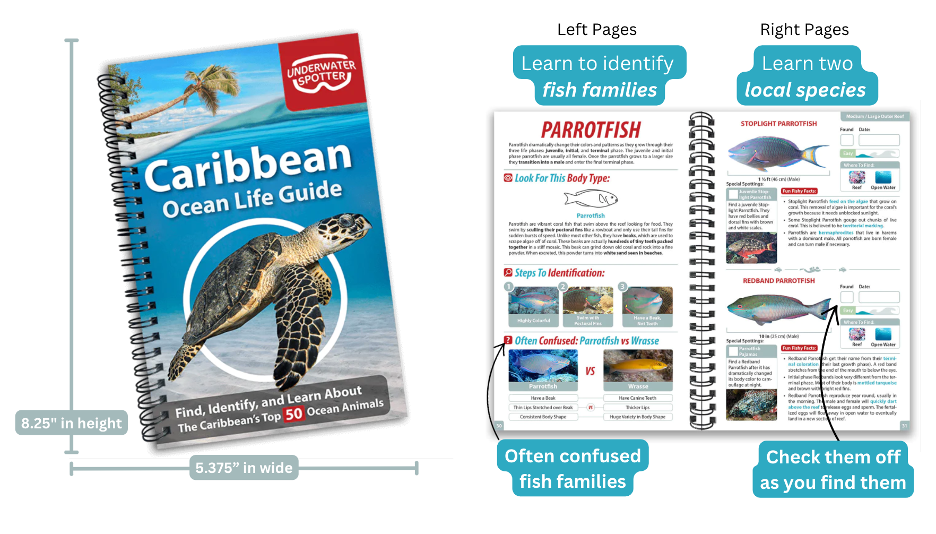
Why Choose Underwater Spotter Guides?
Unlike traditional fish guides that can be cumbersome and difficult to navigate, Underwater Spotter’s new guidebook offers a compact, easy-to-use format jam packed with information. With 50 fish to find and learn in each location, here’s what sets these useful guidebooks apart:
- Concise and Comprehensive: These books teach the quick, easy and basic concepts of identification allowing divers to leverage that knowledge on any dive, anywhere.
- Fascinating Facts: Each ID is more than just a picture including facts about each species, such as preferred habitats and interesting adaptations.
- Behavioral Insights: Understanding fish behavior is key to truly appreciating the underwater world. These books highlight specific behaviors to look for, making dives more engaging and educational. Whether it’s a symbiotic relationship between two species, unique colors at different stages of life, or a mating display, divers gain a deeper insight into the lives of the fish we encounter on most dives.
- Portable and Practical: This full-color 64-page book is easy to carry and use. The binding is specifically designed to not fall apart in humid and salty air. The cover is water resistant to handle damp fingers.
- Engaging and Educational: Packed with captivating information and interactive elements, it transforms the way you explore and learn about the ocean.
The Ultimate Underwater Scavenger Hunt
One of the most exciting features of Underwater Spotter’s fish identification books is the built-in scavenger hunt. Using this feature, the Sea of Change Foundation’s 2025 fundraiser trip will provide the opportunity during each dive into a thrilling quest to learn and check-off each species. Here’s how it works:
- Check-Off System: Each fish entry includes a checkbox, allowing divers to mark-off species as we find them. This interactive element turns fish identification into a fun and rewarding game.
- Achievement Milestones: The books include milestones and challenges to keep divers motivated to learn and have fun. Can we find all the species in a particular reef or complete the entire book? We’ll set our critter ID goals, enjoying the achievement of completing them.
- Compete With Others: It becomes a game! Which dive buddy is going to find the Juvenile Stoplight Parrotfish first?
Start Learning Fish Identification Today!
Don’t miss out on the chance to enhance your dives with Underwater Spotter’s new fish identification books. Buy one before your next dive trip (using discount code SEAOFCHANGE2024) so you have time to review the fish you’ll see by region before you hit the water. Dive deeper into the world of fish identification, embrace the thrill of the scavenger hunt, and embark on a journey that will forever change how divers see the underwater world.




